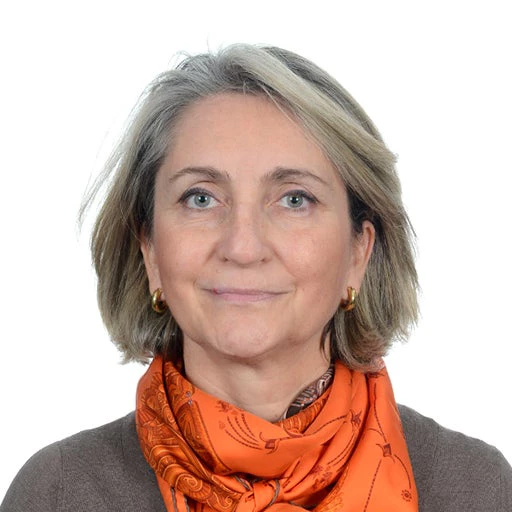
Christine Kessides, and Georges Bianco Darido. © Elisa Liberatori Prati/World Bank
How do you think the challenges faced by the World Bank’s urban transport teams have changed since the sector emerged in the 1970s? Did they become more or less complex? And what factors influenced the sector’s evolution? Recent research by Slobodan Mitric on the early years of the Bank’s urban transport sector gave Bank staff a unique opportunity to glimpse into the past, find some answers to these questions, and uncover the knowledge hidden in the historical records of the World Bank Group Archives.
Mitric, who has spent his entire professional life working on the subject of transport in cities and retired from the Bank in 2003 as a lead urban transport specialist, presented the findings of his research in the Archives at a panel discussion on the “World Bank’s Engagement with Transport in Cities: The Early Years 1972-1982” last month. The panel was organized by the World Bank Group Archives jointly with the History, Urban & Water, and Transportation Thematic Groups of the 1818 Society.
Mitric’s research analyzed the evolution of policy ideas and their influence on Bank projects in the first decade of the transport program, which began with Malaysia’s Kuala Lumpur Urban Transport Project, approved in 1972. After identifying the major elements of the urban transport puzzle in the 1970s as poverty, rapid and messy urbanization, and acceleration of motorization, Slobodan explored the Bank’s integrated approach of investments, policy, and institutional initiatives to develop its urban transport program.
He then shared his analyses of 16 Bank projects. Why did some of them have resounding success while others failed to achieve their objectives? The audience learned that developing street infrastructure in slums and enabling private operators brought positive results in a number of projects, while introducing congestion pricing proved to be a challenge.
Mitric’s mining of historical records was expanded upon by the experiences and perspectives of the retired and active Bank staff who made up the panel. This unique platform allowed seasoned experts who were on the front lines of the Bank’s expanding engagement with the urban transport sector to share their wisdom, expertise, and lessons learned with current Bank staff.
Many initiatives were discussed, including traffic management, support for city or state owned providers of public transport services, value of low-cost instruments to deal with urban transport problems, and focus on demands of low-income urban populations. Looking back, the panelists recognized that while the urban transport sector has always been extremely complex, factors such as air pollution and climate change, affordability and accessibility, and road safety have only added to the challenge.
A Q&A session followed with current staff who sought the input of the panel on specific challenges they face and asked for their ongoing engagement and mentorship through similar events. This outcome proved the value of the collaboration between the Archives, the 1818 Society, and the Global Practices. Jointly we will continue to uncover the knowledge hidden in the Bank’s historical records in order to share the memory of the World Bank and its partners with the development community and provide today’s busy staff with a convenient means of learning from the past to improve the work of the present.
[[avp asset="/content/dam/videos/wbg-archives/2018/jun/urban_transport_history_session_2-17-2016_source.mp4"]]/content/dam/videos/wbg-archives/2018/jun/urban_transport_history_session_2-17-2016_source.mp4[[/avp]]
The panel comprised Maryvonne Plessis-Fraissard and Christine Kessides of the 1818 Society and Georges Bianco Darido, lead urban transport specialist in the Transport and ICT Global Practice. The panel was chaired by Denis Robitaille, director in the Information and Technology Solutions VPU and a transport specialist himself.
Let us know in the comments section below if you have more ideas on how the Archives can make the knowledge from the past more easily available and relevant for current Bank staff and the development community overall. If you are interested in other topics related to the World Bank Group’s history, visit our list of Finding Aids. You can also search our Documents & Reports database to view research and project reports. Oral histories of former Bank staff are also searchable in the Documents & Reports database or can be found at the Archives’ Oral History website. These interviews are an especially rich resource for investigation into all sorts of Bank-related topics.


Join the Conversation